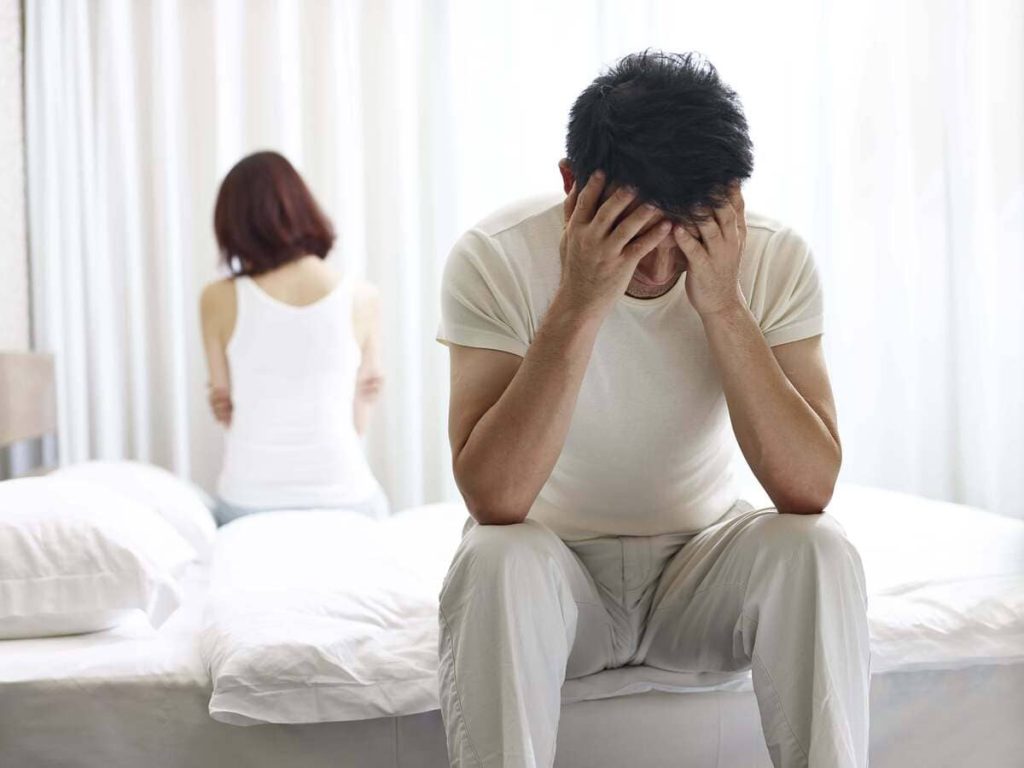How to Support Men’s Sexual Health: Expert Strategies for Lifelong Wellness
Men’s sexual health is a critical component of overall wellbeing, yet it’s often overlooked or stigmatized. From maintaining testosterone levels to managing stress and chronic conditions, supporting men’s sexual health requires a holistic approach. In this guide, we explore evidence-based practices, lifestyle changes, and professional recommendations to help men optimize their sexual health at any age

Understanding Men’s Sexual Health
Sexual health encompasses more than just performance; it’s about physical, emotional, and relational wellbeing. The World Health Organization (WHO) defines sexual health as a state of physical, emotional, mental, and social well-being in relation to sexuality.
Key Components:
- Hormonal Balance: Especially testosterone
- Circulatory Health: Essential for erectile function
- Mental Health: Anxiety, stress, and depression are major disruptors
- Lifestyle Habits: Diet, exercise, and sleep all play roles
Common Challenges to Men’s Sexual Health
1. Erectile Dysfunction (ED)
Affecting up to 52% of men over 40, ED can stem from psychological or physical issues.
2. Low Libido
Often caused by low testosterone, stress, poor sleep, or relationship issues.
3. Premature Ejaculation
Usually linked to psychological factors or lack of experience.
4. Hormonal Imbalance
Low testosterone, or hypogonadism, impacts mood, energy, and desire.
5. Chronic Conditions
Diabetes, obesity, and cardiovascular disease can significantly impair sexual function.
Natural Ways to Support Men’s Sexual Health
1. Nutrition
- Zinc & Magnesium: Vital for testosterone production
- Healthy Fats: Found in nuts, avocados, olive oil
- Antioxidants: Found in berries, leafy greens, and green tea
Foods to Include
- Spinach (rich in folate and magnesium)
- Eggs (protein and vitamin D)
- Oysters (zinc powerhouse)
- Dark chocolate (boosts serotonin)
2. Exercise
- Resistance Training: Boosts testosterone
- Cardio: Improves circulation
- Yoga & Pilates: Reduce stress and improve flexibility
3. Sleep & Stress Management
Sleep deprivation lowers testosterone. Aim for 7-9 hours. Mindfulness, meditation, and therapy can mitigate stress-related sexual issues.
4. Supplements (Consult Your Doctor First)
- Ashwagandha: Reduces cortisol, boosts testosterone
- L-arginine: Enhances blood flow
- Panax Ginseng: Traditional support for libido and ED
Medical Interventions and When to Seek Help
If natural strategies don’t yield results, professional support may be necessary.
Treatment Options:
- Testosterone Replacement Therapy (TRT): For clinically low T
- PDE5 Inhibitors: Like Viagra or Cialis for ED
- Psychosexual Therapy: For anxiety or relationship issues
When to See a Doctor
- Symptoms persist beyond a few months
- Pain during intercourse
- Noticeable drop in libido or energy
How Relationships Impact Sexual Health
Communication, emotional intimacy, and mutual understanding foster a healthy sexual connection.
Tips for Couples:
- Be open about needs and preferences
- Schedule regular intimate time
- Address issues like stress, parenting, or work pressures together
Myths About Men’s Sexual Health
- Myth: Decline is inevitable with age
Fact: Many men enjoy healthy sex lives into their 70s and beyond - Myth: Only older men experience ED
Fact: Young men can too, often due to psychological causes - Myth: Testosterone is the only factor
Fact: It’s one part of a larger picture
Final Thoughts
Supporting men’s sexual health is not a one-size-fits-all solution. It involves a mix of healthy habits, open communication, medical guidance, and ongoing self-awareness. Whether you’re in your 30s or your 60s, proactive steps today lay the foundation for a healthier, more satisfying tomorrow.










